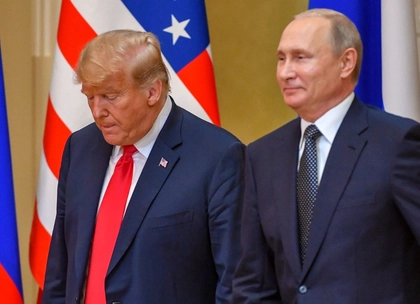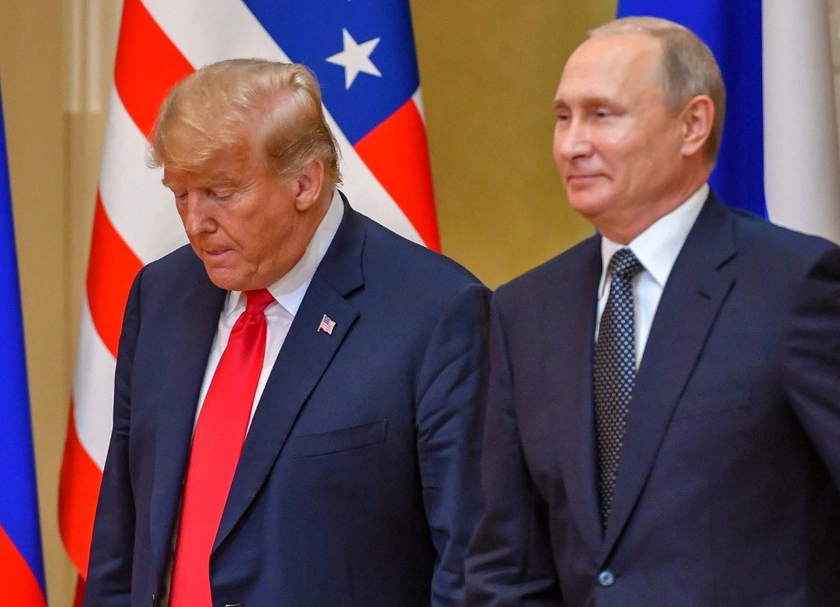I have to confess – despite having lived in Ukraine since 2018, my Ukrainian vocabulary remained extremely limited.
Before 2022, my daily exchange was limited to a mix of Russian (that I learned in Belarus) and English, coupled with some basic phrases in Ukrainian that formed a strange form of “Surzhyk,” a term in Ukraine that refers to a mixed language or sociolect, often blending elements of Ukrainian and Russian – and in my case, English.
JOIN US ON TELEGRAM
Follow our coverage of the war on the @Kyivpost_official.
That said, Russia’s full-scale invasion has taught me a new range of Ukrainian vocabulary to cope with the new reality.
Тривога (Tryvoha)
“Tryvoha” means anxiety in Ukrainian – or in the context of the ongoing war, air sirens.
The first time I heard “tryvoha” was on Feb. 24, 2022, when Russian missiles began raining down on Ukraine and signaled the beginning of its full-scale invasion. Sensing the possibility of a war breaking out, I relocated to Lviv in western Ukraine with some friends two weeks prior.
Fortunately, the “tryvoha” I heard on that day in Lviv never materialized into actual attacks on the city that day, as it was only a test for the broadcast system. But that “tryvoha” – anxiety – has since materialized daily over the last few years of the full-scale invasion.
I could also remember how, in Poland, shortly after the invasion, the “tryvoha” began ringing on someone’s phone on a train filled with displaced Ukrainians, many of which were startled after experiencing the attacks firsthand across Ukraine.

Trump’s Efforts to Brown Nose Putin Continue
Укриття (Ukryttya)
“Ukryttya” means shelter in Ukrainian.
After 2022, the word is commonly seen on signs all over Ukraine – in shopping malls, buildings, and sometimes painted on the ground with arrows, informing passersby where to seek shelter when the air sirens ring out.
The word is also seen in a phrase that fills the Telegram channels daily to inform locals of impending or ongoing attacks: “Перебувайте в укриттях” (Perebuvayte v ukryttyakh), meaning “Stay in shelters.”
Увага (Uvaha)
“Uvaha” is the Ukrainian word for warning, normally heard alongside “tryvoha.”
In many mobile siren applications developed after 2022, “uvaha” would be the first word you hear as they blast out an audio warning about impending attacks. That said, it is also a word occasionally featured on road signs.
For those who have been to Poland, the Polish equivalent is “Uwaga,” which is sometimes seen on street signs.
БпЛА (BpLA)
“БпЛА” is short for “Безпілотний літальний апарат” in Ukrainian – or English, unmanned aerial vehicles (UAVs).
This is another term commonly featured in monitoring channels on Telegram about impending or ongoing Russian attacks, where they tell Ukrainians what is approaching the cities.
Many were the sleepless nights counting how many “БпЛА” were approaching Kyiv on Telegram channels, with explosions ringing in the background before I later made it to work, writing about the same “БпЛА” that kept me and my colleagues awake.
Крилата ракета (Krylata raketa)
“Крилата ракета,” or often seen in its acronym “КР,” means cruise missiles in English.
The acronym, which is its commonly used form, was confusing at first since Google would simply translate it to “Kyrgyz Republic.” Coincidentally, the Cyrillic alphabets (which represent K and R in English) also visually resemble the English alphabets KP – short for Kyiv Post.
“КР” is also commonly seen alongside “БпЛА” in Telegram monitoring channels – the latter’s more fearful cousins, if you may, when Russia launches its combined attacks using drones and missiles, with “КР” often instilling more fear in locals as they offer little time to seek shelter compared to drones due to their high speed.
Another related and equally fearful word in Ukrainian is “балістики” (balistyky), which refers to ballistic missiles that also offer little time to seek shelter before impact.
You can also highlight the text and press Ctrl + Enter











